Are you ready, player one?
Layoffs, revenue warnings, and change. The profit pathways of behemothic tech giants never did run smooth. Richard Brooks, Kinases's founder, looks at how we got here - and where the industry’s big bets might lead next.
In the beginning there were newspapers. And travel agents. And book shops. And taxis. Then the internet happened.
In 1994 Yahoo began organising the internet, evolving into a search engine and in 2000, became the world’s most valuable company. Myspace took social media mainstream and was the most visited website in 2006. Of course, the internet moves fast and both have been disrupted out of existence.
We’ve become used to a handful of companies (Google, Amazon, Meta, Apple) dominating the space. They’ve been around for so long that it feels as if they ARE the internet, and always will be.
Or at least, it did.
Source: layoffs.fyi compiled by Roger Lee https://twitter.com/roger_lee (November 17, 2022)
Now the disruptors are in trouble and being disrupted themselves.
Meta is laying off 13% of its workforce. Twitter may have none at all left by the time you read this.
Even Google is facing calls from investors to cut staff “significantly”.
Part of this of course is greed and the desire for ever increasing profits, against a background of over-optimism that the Covid-driven profits and business growth would last forever. It turns out that people were quite keen to get back out there after all – who could have guessed?
Looking at the trouble
Meta is in obvious trouble with shares down over 60% this year. Privacy changes have hurt their ability to target ads or measure their effectiveness, even as the auction gets more expensive. Added onto this, legislators continue to threaten Meta’s revenue model, with the EU ruling that opt-ins should go further - to whether users want to see ads at all. But it’s also just a stale old platform. You knew the writing was on the wall once your nan signed up. Their acquisition of Instagram went well but is now suffering from an overabundance of algorithmically suggested content in the feed where your friends used to be. Can it really be called a social network anymore?
Meta’s big bet is of course the Metaverse. Attempted nominative determinism aside, the attempt was clearly doomed from the moment it was launched by Mark Zuckerberg looking less realistic than a sims character and everyone realised that the last thing they wanted was a virtual world controlled by the bad guys from Ready Player One.
Alternatives arise
Fortunately – for advertisers at least – there will be no shortage of alternative social networks queuing up to suck in users and provide eyeballs.
Tiktok in particular has broken out from its initial teenage niche and growth among adults is as impressive as the usage statistics are scary; average daily users now number over a billion.
Pinterest also provides a different sort of experience that can be useful in the inspiration stages of a customer journey. Pinterest data is also all in-platform as the signals around interests and audiences are based on the environment within the platform - so they are immune to cookie deprecation. And organic approaches can still be very effective across all of them.
Terminal or not
Is this decline of the old giants of the internet now terminal? Disruptors grow too big to fail - until they do. One test case is Google. Are they set to be displaced as the world's dominant search engine? Not for a while yet. But a search engine isn’t the controlling face of the internet it once was, with many users going straight to app stores, social networks or ecommerce engines without the need to search first. Shares that were performing so well last year are down 33% so far this year.
Meanwhile, is Google making a crucial mistake with Performance Max? This is their new campaign type which bundles together traditional search performance marketing with more upper funnel platforms that many advertisers were reluctant to adopt on their own merits. It could be a stroke of genius and open up another side to marketing on Google. Or it could backfire as advertisers realise that they don’t want to be forced to put a large proportion of their budget into YouTube, Display and other formats just in order to access the search traffic they wanted in the first place. If Google gets the balance wrong, they may find advertisers less keen to increase budgets and looking at expanding other areas of their marketing mix.
Decentralised futures
Driving these new products (Performance Max), and pushes into new territory (the Metaverse), is the pressure from shaky profit lines and falling share prices. Platforms have to respond - but will their customers like the changes being pushed through? And if they don’t, will they move to newer platforms, where the options for advertisers are different and digital strategies to reach audiences will have to change? There are a growing number of options for decentralised ad networks which serve ads via blockchain models.
Decentralisation also carries the promise of guarding against huge giants monopolising the next phase of the internet and its more direct, transparent advertising model. Rather than simply following the rise and fall of the first generation of digital advertising platforms, advertisers need to start scoping out future options and, critically, which future models to support which will make digital advertising better for everyone. Disruptors and industry behemoths may both be making big bets at the moment, but advertisers also need to decide on what comes next.
To tweet, or not?
Twitter is under a spotlight in the first month of Elon Musk’s ownership, but what does this mean for advertisers?
The Great Christmas Ad Review
Over the last few weeks, the big six supermarkets launched their Christmas ad campaigns. Kinase reviews the different approaches and gives our festive thumbs up (or down) on who’s produced a Christmas cracker.
By Richard Brooks, Kinase Founder





